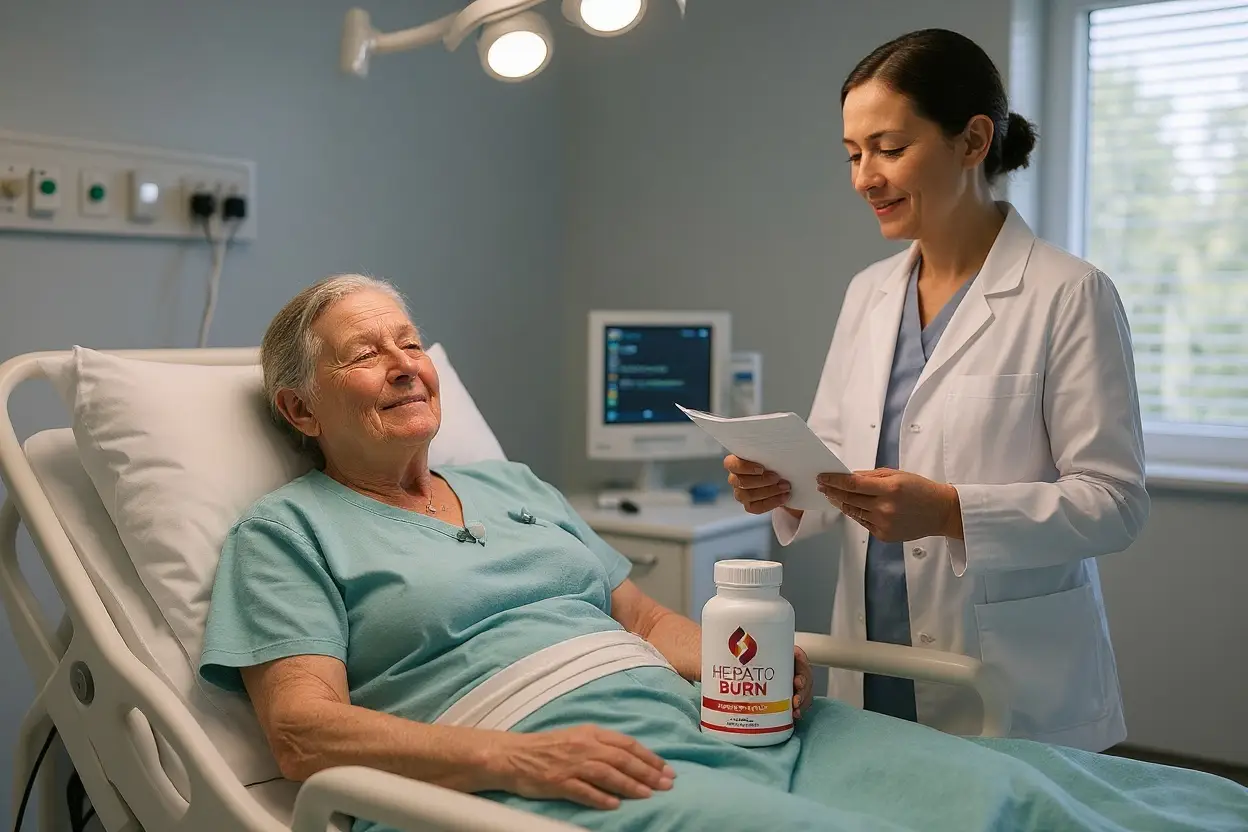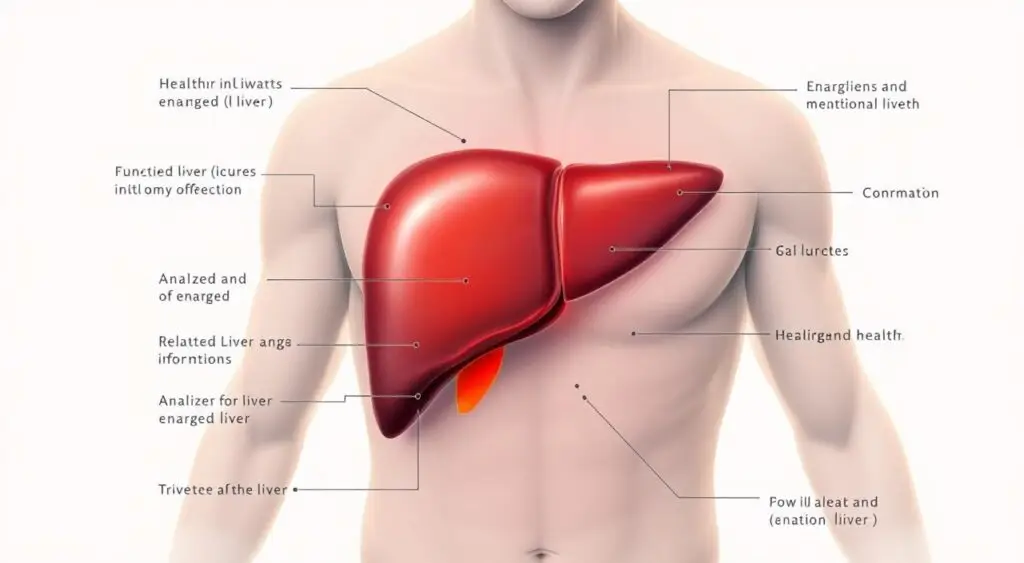Cirrhosis of the liver liver transplantation is one heck of a journey. If you’re reading this, I’m guessing you or someone close to you is walking that tough road and searching for answers, hope, or even just some good ol’ advice. Don’t worry, pal—you’re in the right place. Let’s break things down and get into the nitty-gritty of what cirrhosis of the liver liver transplantation really means, why it matters, and, most importantly, what you can actually do about it.
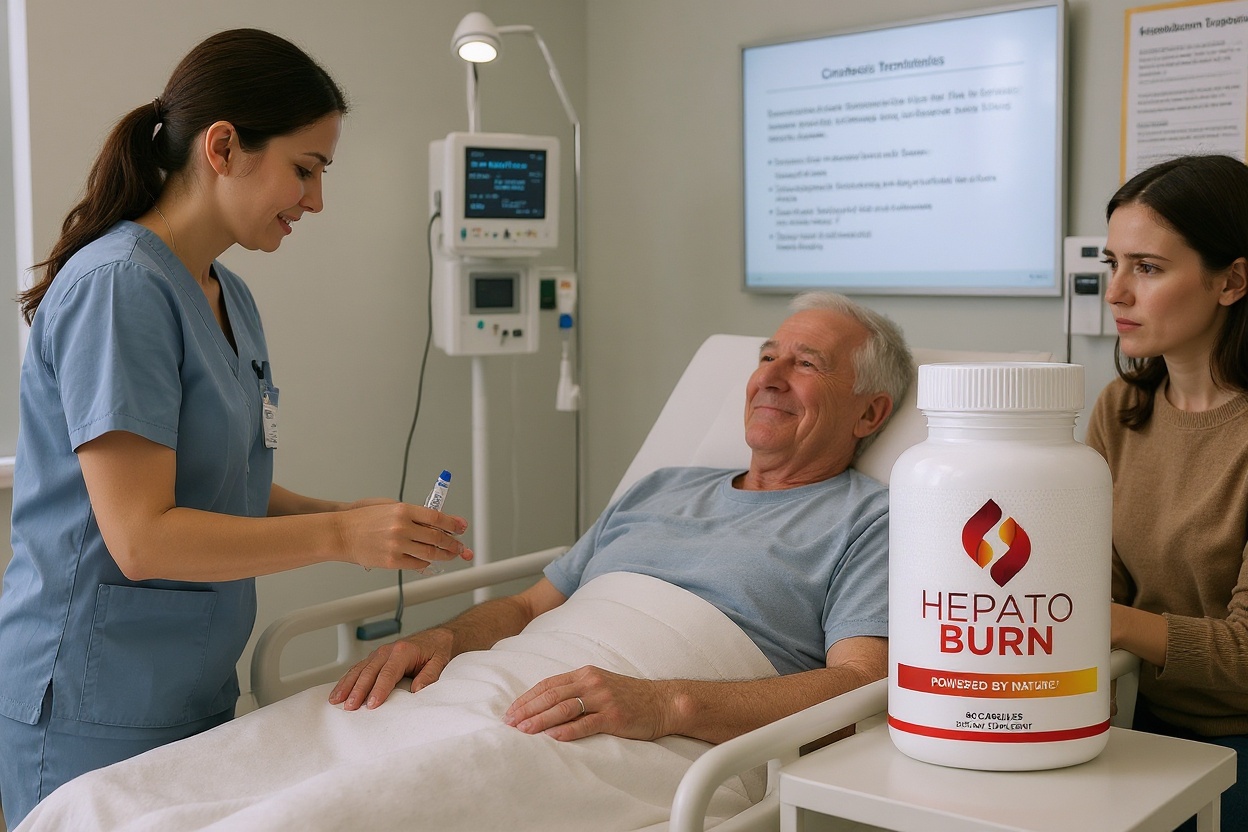
What is Cirrhosis of the Liver Liver Transplantation?
Before we dive in, let’s clear up what we’re talkin’ about. Cirrhosis of the liver is basically when your liver gets all scarred up from stuff like chronic alcohol use, hepatitis, non-alcoholic fatty liver disease, or other issues. The scarring, called fibrosis, slows down all those important liver functions you totally need to survive—think metabolism, toxin filtering, digestion, and so on. It’s a nasty business.
Sometimes, the damage from cirrhosis of the liver is so severe, your liver just can’t do its job anymore. That’s when people consider cirrhosis of the liver liver transplantation. It’s a mouthful, but it’s literally swapping out your own scarred-up liver for a healthy one, often from a donor who’s sadly passed on. Massive surgery, big recovery, but for a lot of folks, it’s their shot at a new life.
Understanding Cirrhosis of the Liver
Let’s take a deeper dive into cirrhosis of the liver itself. What causes it? How does it develop? How the heck do you know if you’ve got it? Cirrhosis isn’t something that pops up overnight. Most people don’t even know it’s happening until the liver’s already struggling to keep up. A few symptoms to watch out for:
- Excessive fatigue (you feel like a walking zombie)
- Easy bruising (bump into a chair? Big blue mark.)
- Swelling in your belly or legs
- Jaundice (yellow skin/eyes… not a great look)
- Itchy skin
- Nausea and weight loss
Many times, the cause is dang obvious—maybe you love beer a little too much, have chronic hepatitis, or your body struggles with fats and sugars. Other times, it sneaks up on you. That’s why understanding and watching for the early signs of cirrhosis of the liver is so important.
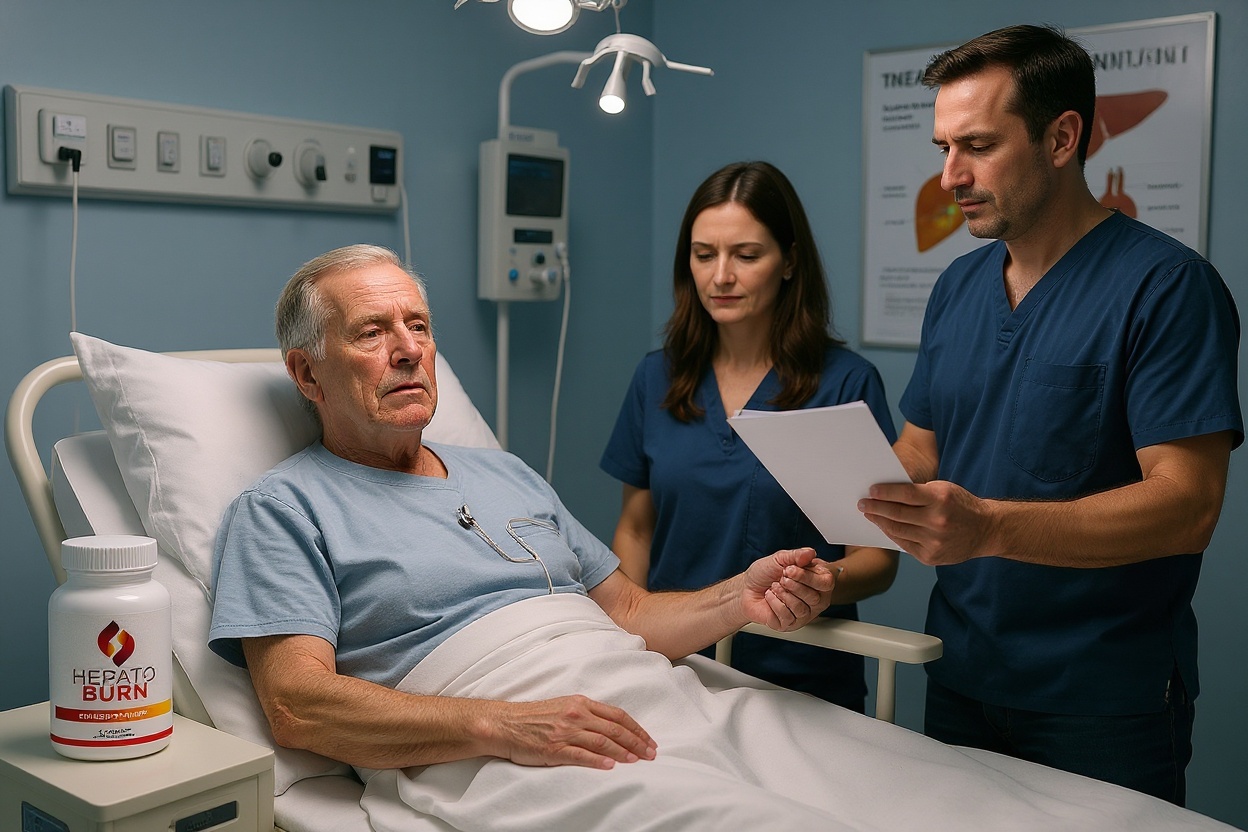
Why is Cirrhosis of the Liver So Dangerous?
Why do doctors lose sleep over cirrhosis of the liver? Because when your liver is shot, your whole body suffers. The liver is like Grand Central Station for your health: metabolizing carbs, proteins and fats; detoxifying nasty substances; pumping out proteins for blood clotting…the list goes on. When cirrhosis sets in and scarring increases, less and less healthy tissue is left to do the heavy lifting. And then you’re stuck with complications like:
- Portal hypertension (dangerously high blood pressure in the liver veins)
- Esophageal varices (swollen veins in your throat that could burst—yikes!)
- Ascites (uncomfortable fluid build-up in your belly)
- Encephalopathy (confusion and memory loss from toxin build-up)
- Increased risk for liver cancer
It’s no exaggeration—cirrhosis of the liver liver transplantation often feels like the only hope left.
The Role of Liver Transplantation in Cirrhosis
Not everyone with cirrhosis is a candidate for transplantation, but if your liver function has tanked or complications are outta control, it may be time. Cirrhosis of the liver liver transplantation is a highly specialized procedure done at major hospitals. In this surgery, your failing liver is taken out and a healthy one (often from a deceased donor, but sometimes from a living person willing to give a part of their own) is stitched in. Wild, right?
Who Gets On the Transplant List?
Transplant centers use strict criteria for cirrhosis of the liver liver transplantation. Common factors include:
- Severity of your liver disease (MELD score—Model for End-Stage Liver Disease, basically a points system for sick livers)
- Your overall health status
- Other complicating conditions (cancer, severe infections, heart/lung issues)
- Absence of ongoing substance abuse
- Strong support network to help you recover
It’s a long wait for many, and donors are in short supply. Some people may not live long enough to receive an organ. That’s why prevention, liver management, and early care is so crucial in the cirrhosis of the liver liver transplantation journey.
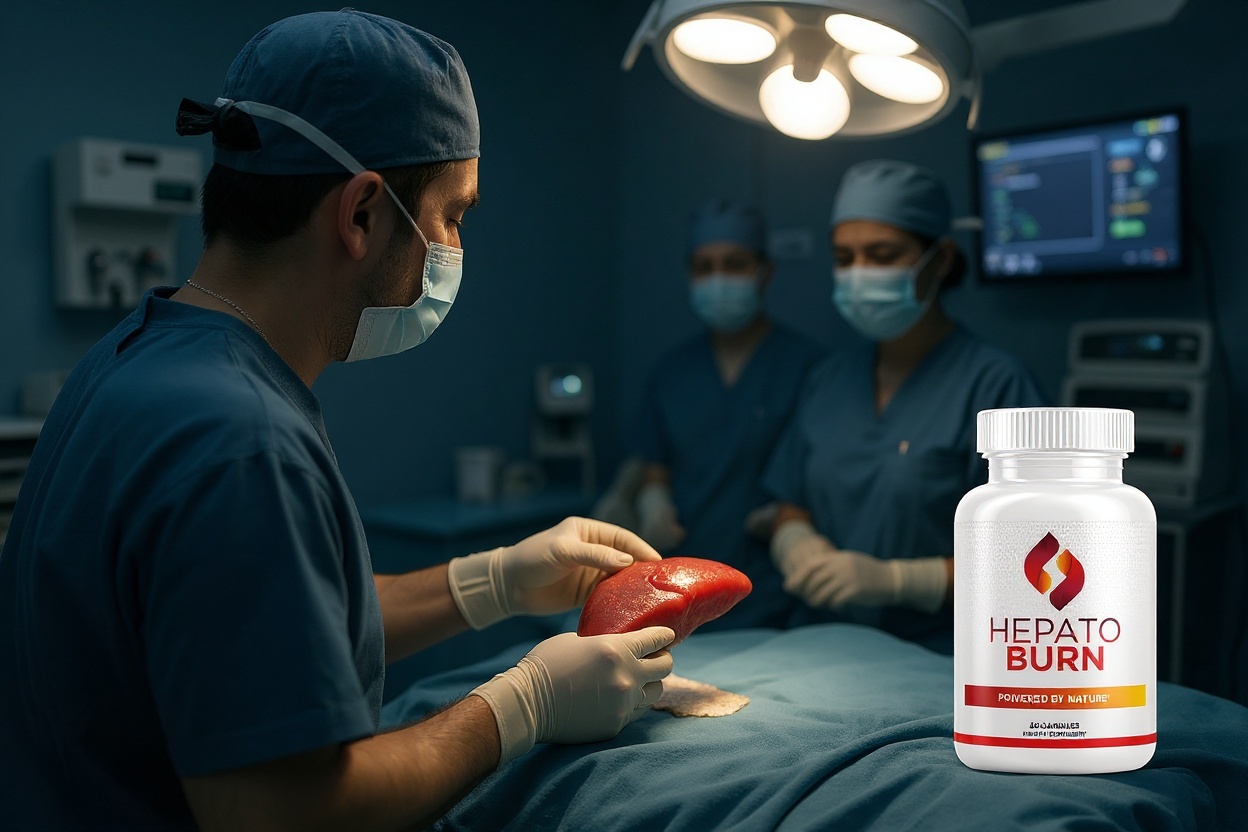
Life After Cirrhosis of the Liver Liver Transplantation
Let’s be hopeful for a moment. Imagine a successful liver transplant! What’s life look like? Many transplant recipients go on to live full, high-quality lives, but there’s no getting around it—recovery is intense and there are a few lifestyle non-negotiables you gotta commit to, including:
- Immunosuppressant meds (daily, forever, or as directed, to keep your body from rejecting the new liver)
- Regular medical monitoring (blood work, biopsies, check-ups… you get the idea!)
- No more alcohol, and strict control over any risk factors that tinkered with your liver in the first place
- Clean, healthy diet to keep that new liver happy
- Careful management of infections and other illnesses (since your immune system is held back)
The process is daunting, but the rewards—waking up each morning without the crushing fatigue of advanced cirrhosis, enjoying meals with family, planning for the future—well, that’s priceless.
Can You Prevent Cirrhosis of the Liver or Delay Transplant?
This is the million-dollar question, right? Cirrhosis of the liver liver transplantation isn’t the only path. If you recognize the early signs and get proactive, you may prevent further scarring or delay the transplant talk for a while. Here’s how:
- Limit booze (come on, your liver’s exhausted already!)
- Get vaccinated for hepatitis (A and B)
- Maintain a healthy weight
- Manage diabetes and cholesterol
- Avoid unnecessary meds and toxins that pound your liver
And, if you know your liver’s in trouble, support it naturally. This is where the conversation around liver detox, natural supplements, and facilitating your body’s own healing powers gets real interesting.

Natural Liver Detox: Enhancing Liver Health and Delaying Transplant
Let’s chat about something almost everyone wonders about these days. A ton of people ask if there are natural magic pills or tricks to reverse cirrhosis. The thing is, while no ‘liver detox tea’ or fad diet will turn back the clock on advanced scarring, optimizing what’s left of your liver function really can make a difference.
That’s where stuff like Hepato Burn Liver Detox shines. Packed with research-backed, all-natural ingredients, this natural liver detox method ticks all the right boxes for enhanced fat burning, weight loss, and, most importantly, improving liver health. The best part? It uses a dual-action formula designed to both support your liver’s ability to eliminate toxins and boost your metabolism. You can totally check it out and see what all the buzz is about right here: Hepato Burn Liver Detox.
Why Go Natural?
- No scary side effects—just natural ingredients, ya know?
- Supports the liver’s own detox pathways
- Tackles fat storage and sluggish metabolism (for real, it’s a win-win!)
- Incredible value compared to other pricey supplements
Liver support isn’t just about buying a product—it’s about making daily choices to love your liver. Using a supplement like Hepato Burn Liver Detox as part of your routine, eating less processed junk, staying active, and keeping your alcohol use chill all stack the odds back in your favor. When it comes to cirrhosis of the liver liver transplantation, every little bit helps.
Patient Stories: Real Talk on Cirrhosis of the Liver Liver Transplantation
Let’s get personal! Hearin’ from people who have actually had to face cirrhosis of the liver liver transplantation is powerful stuff. Louise, 43, discovered advanced cirrhosis after non-stop fatigue forced her to the doctor. The road to transplant? “Rough as gravel,” she says—but she hunted for every opportunity to support her remaining liver. She used natural supplements religiously (including Hepato Burn Liver Detox), swore off booze, and kept her weight in check. When she finally got the call for transplant, her recovery was smoother than docs expected, and she’s now living proof that taking care before and after surgery matters massively.
Then there’s Mike, 57, who got cirrhosis from hepatitis C after a contaminated blood transfusion as a kid. For him, optimizing what liver function he had slowed his decline, bought him more time for a perfect donor match, and made a world of difference in his outlook afterwards.
Frequently Asked Questions: Cirrhosis of the Liver Liver Transplantation
- Q: Is cirrhosis always a death sentence?
A: Heck no! Early-stage cirrhosis is often manageable, sometimes reversible—especially if you catch it early and change your habits. Later stages may require cirrhosis of the liver liver transplantation, but many patients thrive afterwards. - Q: Can a healthy lifestyle really delay liver transplant?
A: Totally! Cut out alcohol, manage your weight, and try natural liver detox products like Hepato Burn Liver Detox to ease the burden on your liver. - Q: What about side effects after liver transplantation?
A: You’ll need immune suppression, so you gotta stay alert for infections. But the benefits often outweigh the annoyances, especially if you were super sick before. - Q: How do I know if I qualify for transplant?
A: Your doc will consider your MELD score, overall health, and other factors. Discuss regularly!
Takeaways: Your Path to a Healthier Liver
- Early action is everything—spot the signs of cirrhosis of the liver quick and go straight to your doctor.
- Not everyone ends up needing cirrhosis of the liver liver transplantation, but for those who do, it can be truly life-changing.
- Between now and then, anything you do to support your liver makes a difference—especially natural liver detox.
- Talk with your medical team and get a customized plan. Stay plugged in and hopeful.
If you feel lost or overwhelmed thinking about cirrhosis of the liver liver transplantation, remember—you’ve got options. Start by getting smart, supporting your liver with smart choices and a trusted product like Hepato Burn Liver Detox, and surround yourself with positive energy. The journey’s rough, but hope and healing are just around the corner.

